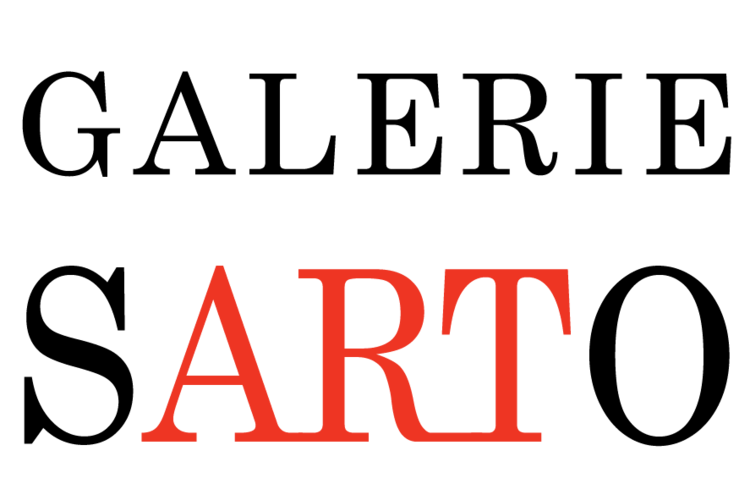Jean Fautrier (1898 - 1964)
Biography
© Indivision A. et A. Ostier © Paris Musées, musée d'Art moderne © RMN-Grand Palais / image ville de Paris
Jean Fautrier (French, born 16 May 1898 in Paris - died 21 July 1964 in Châtenay-Malabry) is one of the major figures of informal art, also known as tachism. This movement, whose style is similar to American abstract expressionism, began in the 1940s in Europe and included artists such as Pierre Soulages, Nicolas de Staël, Jean Dubuffet and Georges Mathieu.
Fautrier studied at the Royal Academy of Art and the Slade School in London. He returned to Paris in 1920 and began to paint realistic portraits and nudes. During the Second World War, he was an active member of the Resistance. He created two series of portraits - oil on canvas and paper collages - entitled Hostages and Massacres, inspired by the atrocities of the war. The morbid portraits depict unknown victims of the Gestapo. By the end of the 1950s, Fautrier's work became increasingly abstract but still bears witness to the suffering caused by the Second World War, as shown in his series Tête de Partisans and his dark landscapes. In 1960, Fautrier received the Venice Biennale prize.
Selected artworks
Jean Fautrier (1898-1964)
“Nude study”
Ink and charcoal on paper 12.2 x 9.44 in.
Sold
Jean Fautrier (1898-1964)
“Nude study”
Pink ink and charcoal on paper, signed lower right 12.2 x 9.44 in.
Sold



